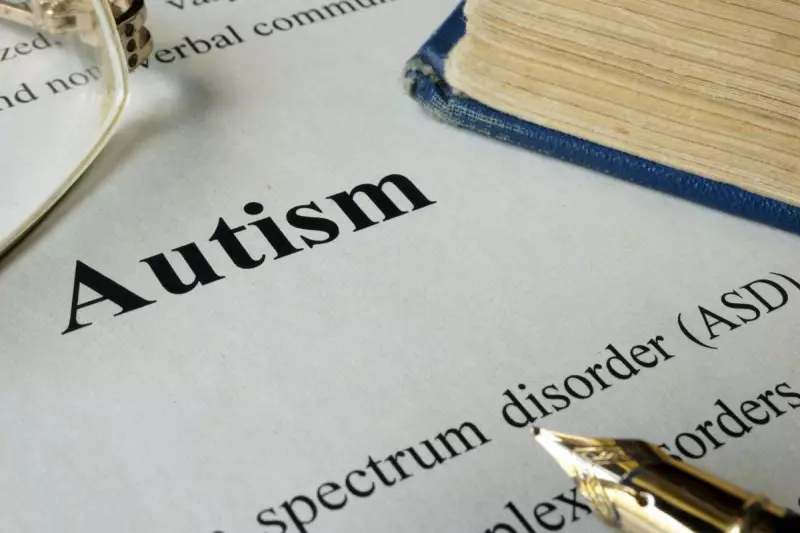
In a landmark move for the autistic community, the National Autistic Society (NAS) has fundamentally shifted its official language policy. After a major consultation, the UK's leading autism charity is now championing identity-first language, advocating for terms like 'autistic person' over the previously preferred 'person with autism'.
The change comes after the charity discovered that a staggering 86% of autistic respondents felt that the term 'autistic' best describes their identity. This overwhelming preference within the community itself made the previous person-first language stance, which aimed to separate the person from the condition, increasingly difficult to justify.
A Community-Led Revolution in Language
This isn't a decision that was made lightly or in an office boardroom. The NAS embarked on an extensive listening exercise, gathering insights from over 3,000 autistic individuals, their families, and professionals. The results were unequivocal: the very people the charity represents wanted their identity to be recognised and affirmed.
For many autistic adults, their autism is not an accessory or a condition they 'have'—it is an intrinsic and fundamental part of who they are. It shapes how they perceive, interact with, and experience the world. The push for identity-first language is a push for this reality to be seen and respected.
Why Language Matters: Beyond Semantics
This shift is far more than a matter of political correctness. It's about empowerment, respect, and accurate representation. Using the language the community itself prefers is a basic form of validation.
For years, well-meaning non-autistic professionals and organisations dictated the 'acceptable' terminology, often prioritising person-first language. The NAS's U-turn acknowledges that the most important voices in the conversation about autism are, in fact, autistic people.
The new guidelines also extend to more respectful and accurate terms, moving away from functioning labels like 'high' or 'low' functioning, which are often misleading and fail to capture the nuanced reality of an individual's needs and strengths.
What This Means for the Future
The National Autistic Society's change in policy sends a powerful message to other institutions, media outlets, and the public. It sets a new standard for how we talk about autism, one that is led by autistic people themselves.
This move aligns with a broader, growing movement towards neurodiversity—the concept that neurological differences like autism are natural variations of the human brain, not defects to be cured. It’s a significant step away from a medicalised view of autism and towards one of acceptance and understanding.
By adopting this language, the NAS hopes to foster a society that works for autistic people, starting by simply listening to what they call themselves.





